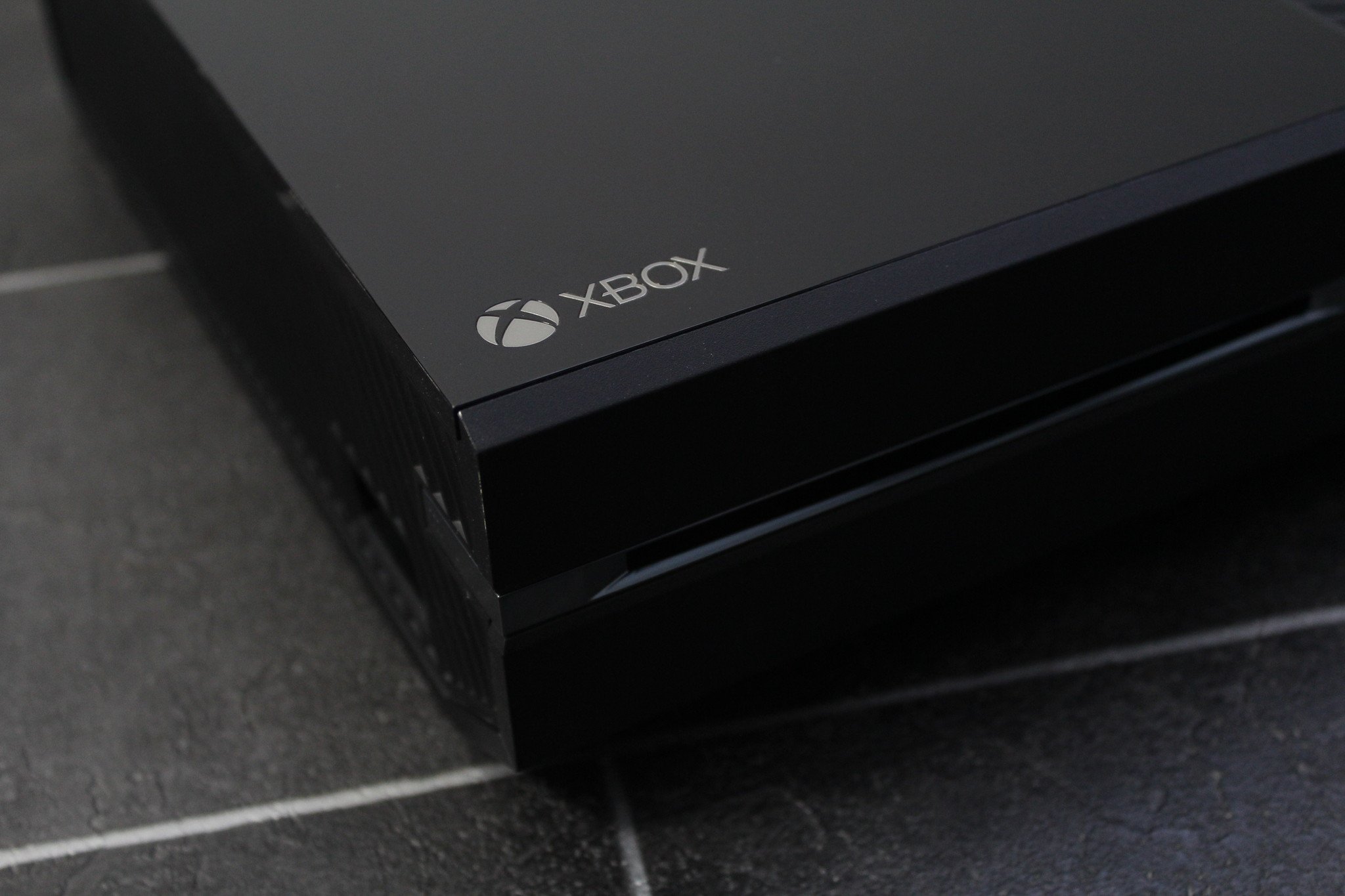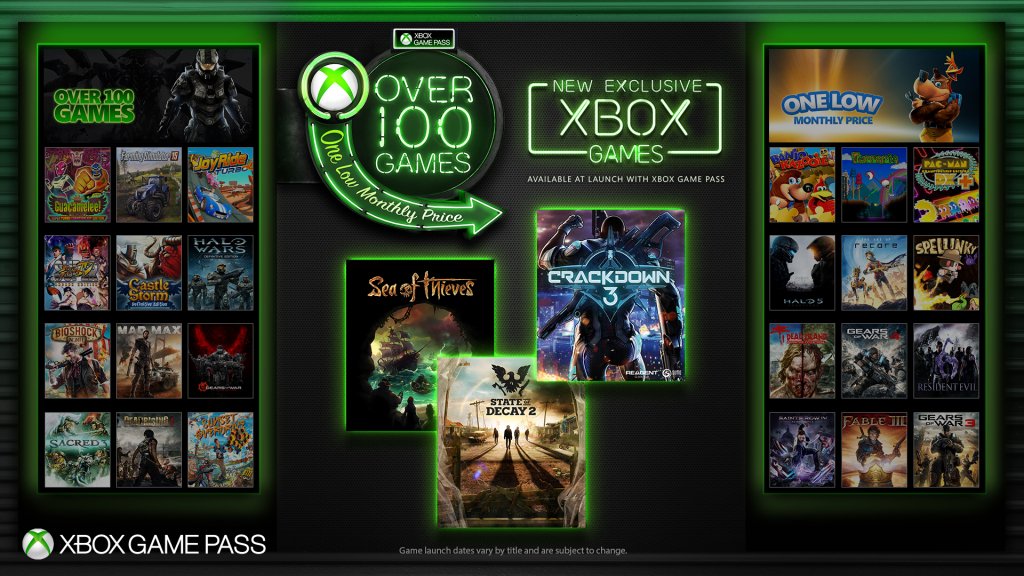Why Microsoft's Xbox 'XCloud' may finally do game streaming right
Microsoft is uniquely positioned to deliver a strong game streaming service with the rumored Xbox "XCloud." Here's why.

Microsoft's E3 2018 Xbox press conference wrapped up with big promises, offering a tease of ambitious gaming developments on the horizon. Xbox head and Microsoft Executive Vice President of Gaming, Phil Spencer, touched on plans to deliver its cloud-based "XCloud" game streaming platform, committing to "console-quality games" on any device. It's a big promise, with many having tried and failed in the space, and some major hurdles to overcome.
However, Redmond's proposed solution could deliver a significantly more viable solution to what's on the market today. Microsoft is approaching the technology from a vastly different viewpoint, backed by its colossal cloud infrastructure and nearly two decades of consoles. Here's how the XCloud service comes from a unique place, and why Microsoft can set itself apart from the competition.
Microsoft's Xbox 'XCloud' game-streaming service: Everything we know
Taking control of the cloud

The rise of cloud computing and Microsoft's Azure platform has defined the company's future going forward. Huge investments have been matched with comparable revenue every quarter, sparking a substantial boom in Microsoft's market cap. Roughly 90 percent of Fortune 500 companies now leverage Azure among the fierce competition, easily making it as one of the company's greatest success stories.
Although Microsoft's focus continues to shift toward enterprise, consumers can still see the benefits today. In gaming specifically, its touted the adoption of its cloud technologies across a variety of major studios. Ubisoft, Tencent, and PUBG Corp all back multiplayer with Azure, while titles like Crackdown 3 show tighter integration to drive its physics engine.
As a firm leader in cloud computing, Microsoft now looks drive its upcoming game streaming technologies internally. Reports claim that its cloud teams hope to merge four custom Xbox consoles stripped-down into modular server blades, creating the backbone for the new service. Building on strong foundations, it's one of few companies uniquely positioned to build a solution from the ground up. When paired with its team of gaming wizards, Microsoft's cloud expertise goes a long way.
The huge challenges Microsoft faces with 'XCloud' Xbox game streaming
Get the Windows Central Newsletter
All the latest news, reviews, and guides for Windows and Xbox diehards.
Microsoft, it's not your first rodeo

In its current state, latency is one of the biggest hurdles to overcome for streaming.
This isn't Microsoft's first effort in the cloud streaming space, with several instances of proven technologies that could influence XCloud development. Work on the streaming service can already be traced back to 2013, where an internal demonstration showcased a full-fledged cloud solution for previous generation titles. Microsoft managed to stream Halo 4 for Xbox 360 to both Windows Phone and PC, reducing latency to only 45 milliseconds on a low-cost Lumia 520. In a later interview, Spencer admitted the service was too costly for the time, but recent progress on Microsoft Azure has changed "the economics and quality level."
Last year's acquisition of Mixer (formerly Beam) also hints at a promising future for game streaming, featuring industry-leading low-latency video broadcasting. Using the service's faster-than-light (FTL) setting, streamers can reach audiences in milliseconds, further pushing the service's interactive feature set. Controller sharing even made its debut this year, making it feasible to play games with broadcasters over the internet. It's hard not to draw parallels between these technologies and how Microsoft's learnings with Mixer could be pivoted to XCloud.
Where the money matters

As seen across many services, monthly subscription models are seemingly the way forward for monetization. Firms have realized that not only does this secure dedicated revenue for the future; consumers can receive regular updates and support for a flat price. Its arrival has been contested in gaming, yet "games-as-a-service" titles are becoming a norm in the industry.
Microsoft has seen no shortage of success with this model, even adopting core products like Windows 10 and Office 365 to a live service. Xbox Live Gold, Xbox Game Pass, and EA Access are now major pillars of Xbox and even tightly integrated into the Xbox One OS. The same goes for Microsoft Studios-published titles with Halo, Gears of War, and Sea of Thieves seeing similar post-launch support under this vision.
Xbox Game Pass is the archetype of this approach and has the potential to influence the game streaming service. Nearly 200 titles are now among the service's dynamic library, making its $9.99 asking price a strong value proposition for new Xbox One gamers. It's unclear how Microsoft plans to monetize its XCloud service, though Xbox Game Pass could be a strong foundation for the system.
Your thoughts
What are you hoping for from an Xbox game streaming service? Drop into the comments section and share your opinion. In the meantime, be sure to check out our comprehensive overview of all the XCloud details so far.
Microsoft's Xbox 'XCloud' game-streaming service: Everything we know
Matt Brown was formerly a Windows Central's Senior Editor, Xbox & PC, at Future. Following over seven years of professional consumer technology and gaming coverage, he’s focused on the world of Microsoft's gaming efforts. You can follow him on Twitter @mattjbrown.

